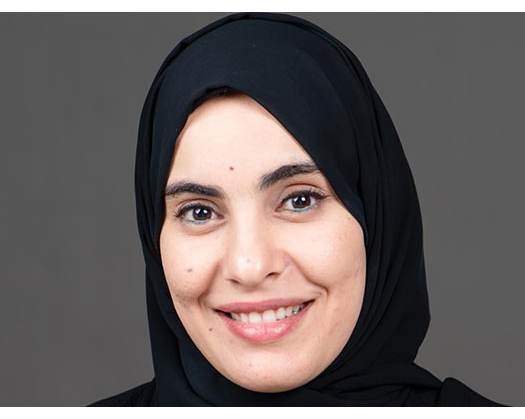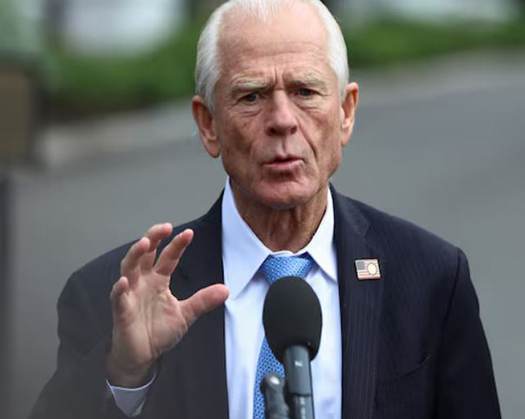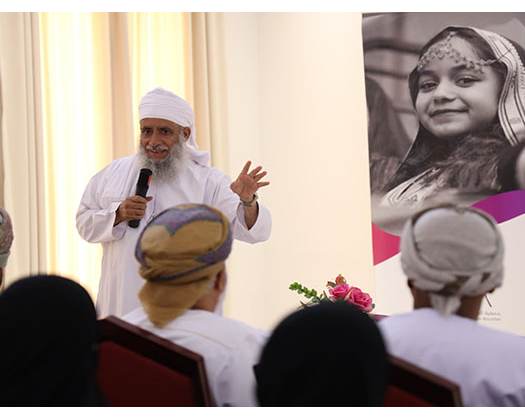Duqm: The Duqm Summer Series, a four-part series addressing AI and automation, workforce development, global trade and supply chains, and corporate culture and wellbeing, has ended. Dr. Aziza Al Sawafi, Assistant Professor of Mental Health Nursing and Head of the Department of Mental Health, conducted a session on Tuesday. at Sultan Qaboos University's College of Nursing. Her point was simple: wellbeing is not a benefit, but rather how successful companies work.
Dr. Al Sawafi described a practical loop that converts wellbeing into performance. It begins with brief pulse surveys to assess workload, role clarity, and inclusion.
The conclusions are shared so that individuals are aware of the changes. Managers who are most familiar with the work are taught to eliminate obstacles, and teams are rebalanced when pressure is excessive. Spikes and progress are tracked using the same metrics as leaders already monitor retention, productivity, and safety. "Wellbeing is not an afterthought," she said. "Measure what matters, remove the obstacles, and performance will follow. "
Failing to take mental health seriously has a direct financial cost.
According to the World Health Organization and the International Labour Organization, depression and anxiety cost around 12 billion working days each year, with the majority of It costs approximately US$1 trillion in lost productivity due to absenteeism and presenteeism worldwide. In summary, ignoring mental health reduces performance and the bottom line.
Global evidence also suggests the advantages of doing it correctly. Scaling excellent mental healthcare generates a significant return of around US$4 in better health and productivity for every US$1 invested, and Gallup connects highly engaged Teams that had 23% better earnings, fewer absences, and fewer mistakes. In practice, this equates to more dependable service, safer locations, and on-time project completion.
Eng. Ahmed Akaak, CEO of Sezad, reflecting on the program's results, said: "I'm satisfied with what the Duqm Summer Series produced. We converted major challenges into Practical measures that our tenants can use right away. The theme of all four sessions was straightforward: identify genuine issues, monitor the impact, and Repeat whatever works. That is how organizations improve performance, manage risk, and create teams that grow stronger week after week."









